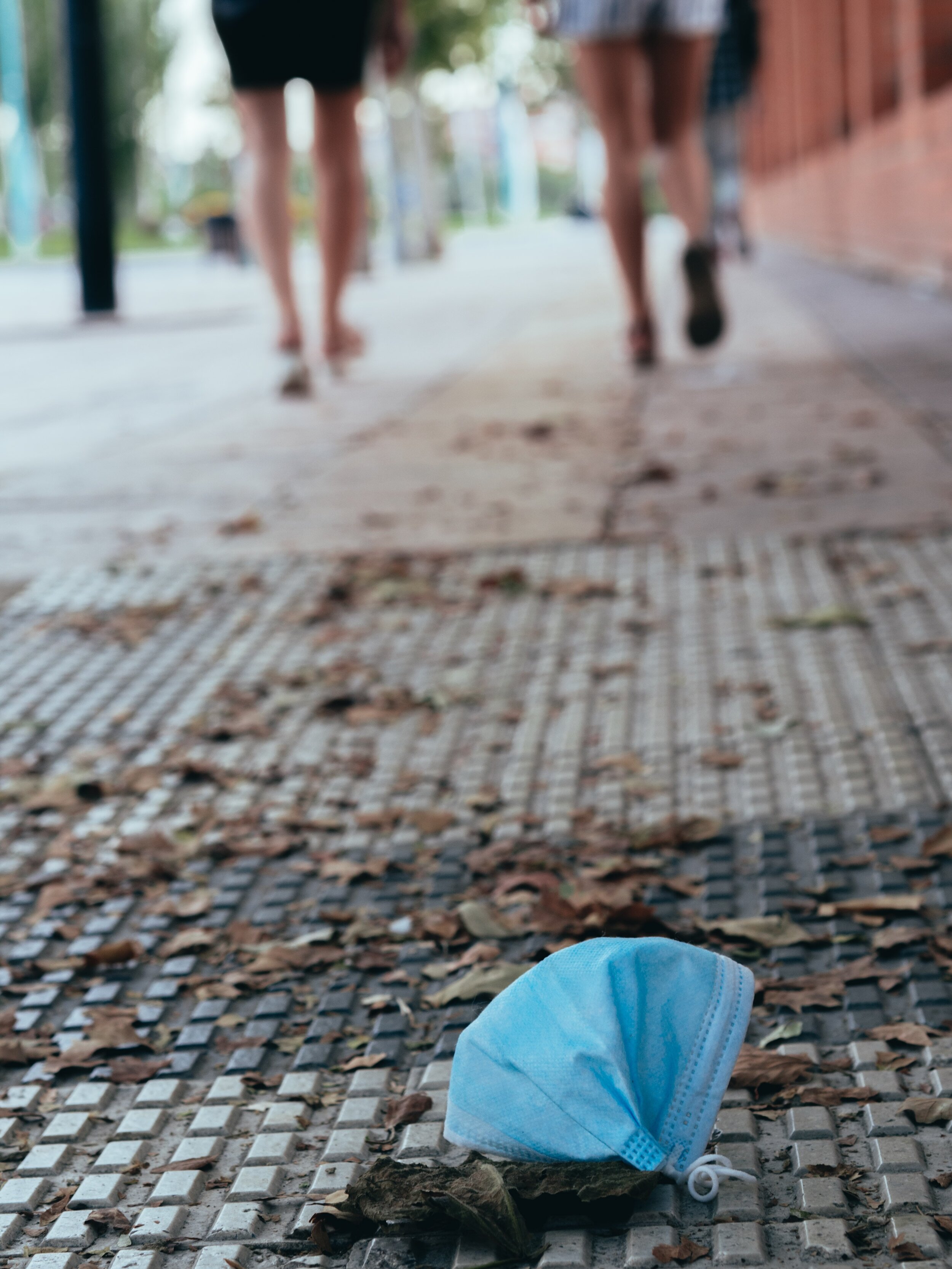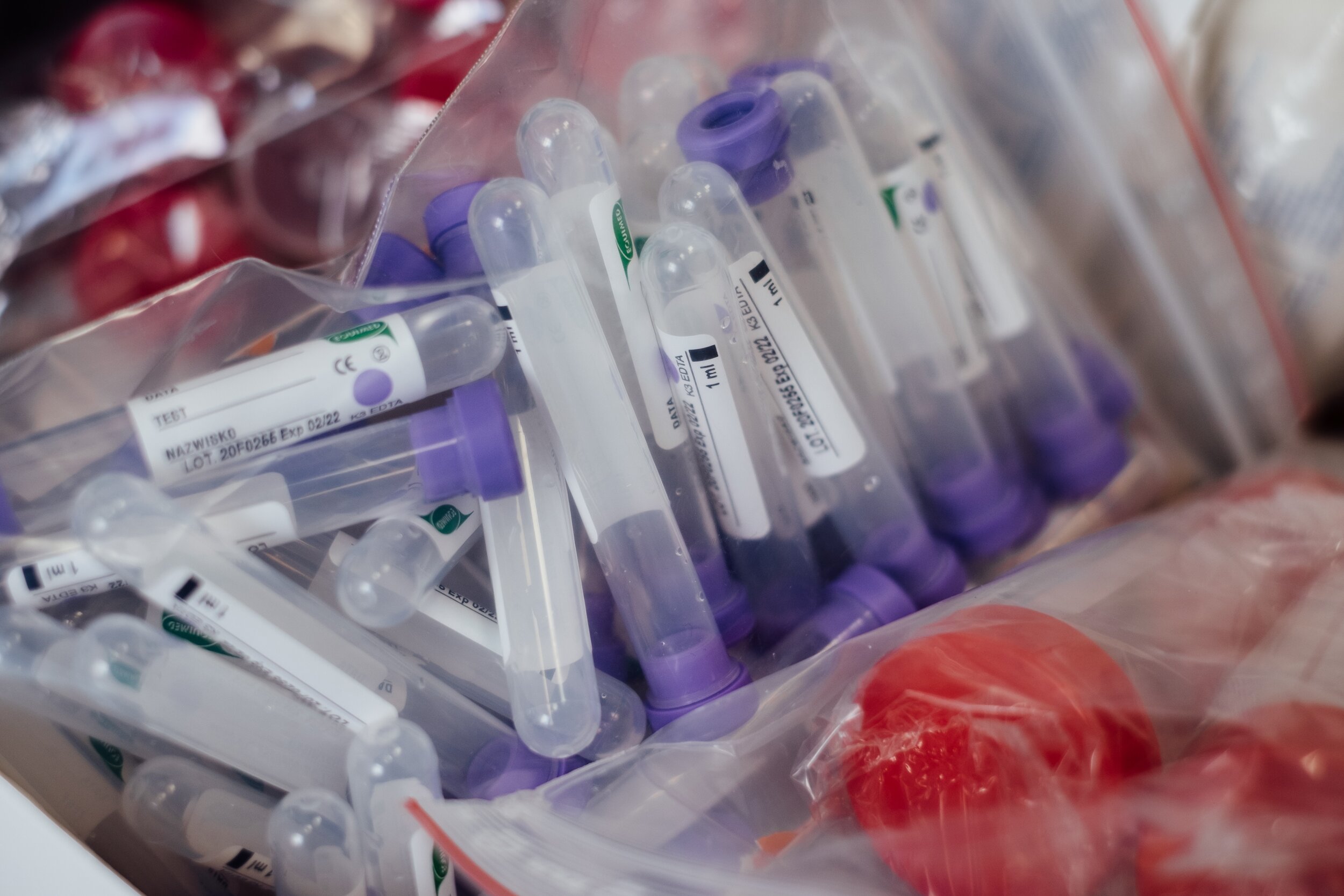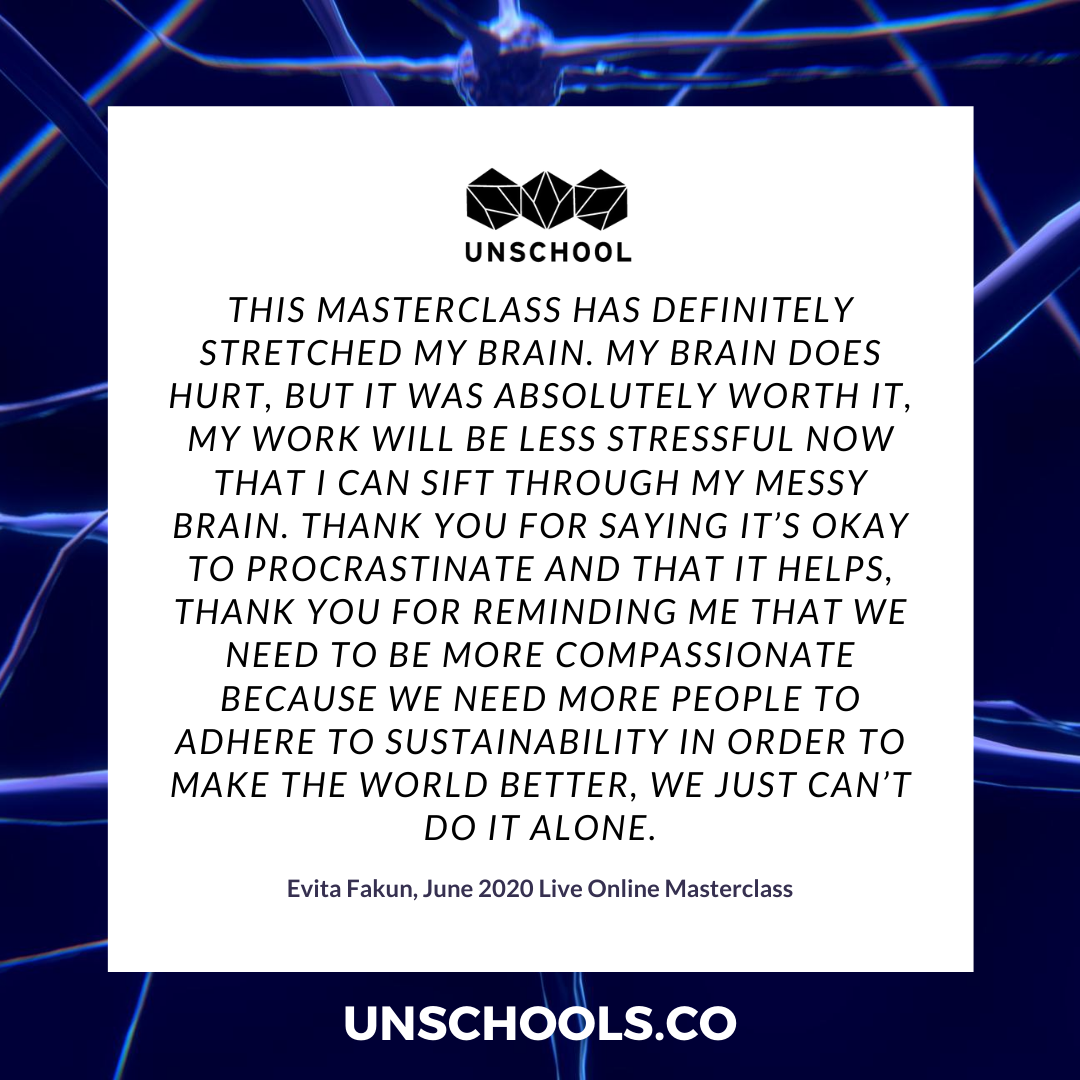By Leyla Acaroglu
What a conundrum: we are in the middle of Plastic Free July, whilst also being in the middle of a global pandemic that, due to the increased concerns around safety and hygiene, is demanding the increased use of disposable single-use products.
In the weeks after the start of the lockdown, Thailand reported a 62% increase in the discarding of disposable plastic products as a result of the pandemic. This is for a country, like many others, who in January had announced progressive approaches to reducing plastic waste. Some recent stats estimate that 13 million tons of plastic waste pre-pandemic would end up in the ocean each year, and now no one knows what the true cost of this surging use in disposable products will have on this global waste crisis. Based on our current trajectory though, it is estimated that by 2040, plastic pollution will weigh 1.3 billion tons. The numbers of disposable personal protective equipment (PPE) being ordered by governments are staggering alone. The UK 28 billion, France 2 billion — and China’s daily production of face masks in February soared to 116 million, which was 12 times higher than the previous month. What will become of all of this disposable plastic waste?
For every month that we face the Covid-19 pandemic, it is estimated that globally, we will use and dispose of 129 billion face masks and 65 billion plastic gloves. You don't have to go far these days to see the discards of someone else's safety concerns — a dark blue disposable glove lying at the base of a city tree, a light blue disposable face-mask by the side of a trash can, or even worse, various supplies laying limply in the gutter, just waiting to be washed out into the ocean as the street cleaners come and wash it away.
Before the pandemic, we already had a global waste crisis on our hands, and then the global shutdowns put a halt on progressive action to reduce the reliance on single-use disposable products like disposable food packaging. Given that millions of people are swapping from in-restaurant dining to ordering take-out, we have seen a surge in use of convenience packaging. Add in all the medical supplies, hygiene supplies, and PPE, and all of this has given rise to single-use products skyrocketing at a time when recycling can’t keep up.
Financial Times called this a “toxic pandemic waste-crisis,” reporting this week that, “A study published on Thursday forecasts that the flow of plastic into oceans would nearly treble by 2040 to 29m tonnes per year if much greater action was not taken by governments and industry.” WHO has said that a 40% increase in PPE production will be needed to meet the growing global demand.
California has announced they will put their plastic bans on hold due to Covid-19. Wired reports “Even if the industry could handle this crush of ‘recyclables,’ and even if it were economically feasible to process all the stuff, many recyclers have shut down in response to the pandemic. Curbside recycling programs have been suspended by dozens of county and local governments, from Miami to Los Angeles County, according to the trade publication Waste Dive. Recycling facilities are struggling to figure out how to protect their workers, who are concerned about virus exposure from handling materials.” Furthermore, the World Economic Forum states that in the United Kingdom, illegal waste dumping has risen 300% since the pandemic started.
Most disposable masks are made from finely woven plastic fibers that are not recyclable, but even if they could be recycled, it’s very unlikely that they would, given the issues with recycling medical waste, especially in a time of a highly infectious virus. But there are reports of people wishcycling their masks by popping them in the recycling bin, which in turn, puts sanitation and waste workers at risk. To be clear, right now, unless you find a designated bin that is marked for face masks, they are not recyclable. And, as I have reported on before, recycling validates waste. Given that we are in a global recycling crisis, it is not good enough to rely on recycling as the solution to the complex disposability problem.
So yes, we are indeed in a conundrum, considering the need for personal safety in the face of a deadly virus as well as planetary protection for current and future generations. More so than ever before, we need ways of meeting these needs through sustainable and circular solutions.
We need to design our way out of this by creating new products that meet these needs and support the adaptation of these new approaches.
WHERE CAN WE START?
We know that masks are extremely important for collective safety, and for many people, dining in restaurants is still not possible. Here are 8 ways you can avoid disposable, single-use products:
Get a couple of reusable, washable masks. Wash and rotate them to avoid using single-use ones. (Consider taking up a new hobby by making your own! There are many useful tutorials online.)
Encourage your friends and co-workers to do the same with their masks. Consider asking your employer to bulk purchase reusable masks (and even get them branded, if that helps justify the additional costs!).
Reuse take-out containers at home for storing other items if you get food to go.
Search out restaurants and delivery services who are making the effort to reduce unnecessary waste and who are selecting lower-impact materials.
If you have to use disposable, store it so that you can reuse it the full number of recommended times, and consider using Terracycle for PPE recycling.
Check this article for more advice on how to stay sustainable during the pandemic.
At the UnSchool we are dedicated to helping create a more sustainable and circular world by design. We run programs, develop tools and support thousands of people in developing their skills, ideas and projects for activating positive change, If you are interested in designing solutions for a sustainable world, then apply to join our upcoming 1 month live masterclass or check out our online programs here.



